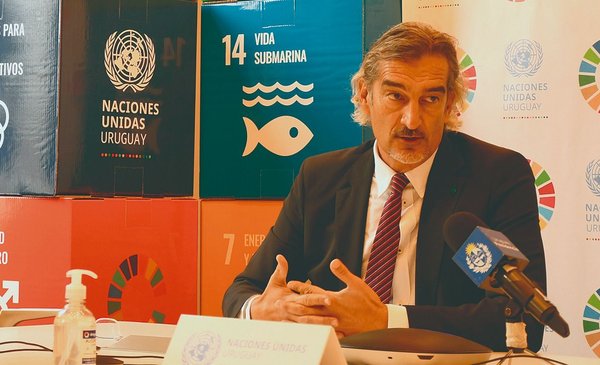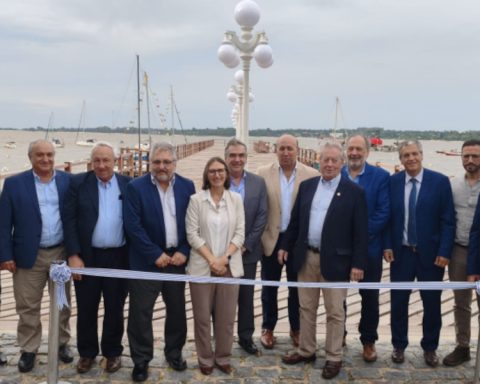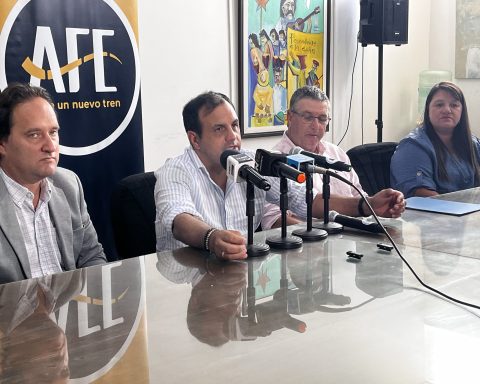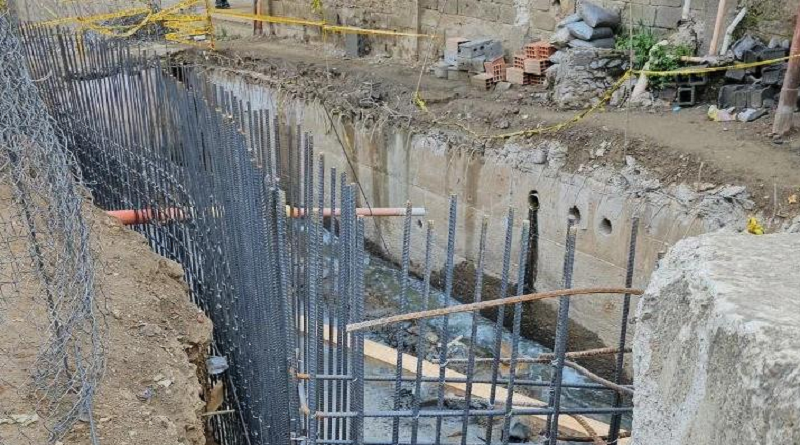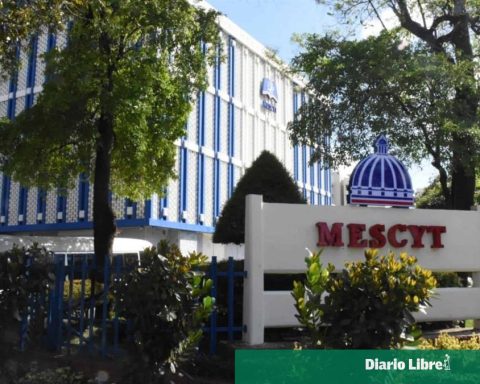The Resident Coordinator of the United Nations (UN) in Uruguay, Pablo Ruiz Hiebra, highlighted in a statement the “national efforts” to combat the water crisis “with an emphasis on assisting the most vulnerable people”.
“Since the beginning of the water emergency, the team of The United Nations in Uruguay has been monitoring the situation and accompanying the response work of the Uruguayan government”, begins the statement issued this Sunday.
According to Ruiz Hiebra, “The United Nations in Uruguay has deployed its crisis preparation and response mechanisms, in close coordination with the Uruguayan government” and has consulted “technical support from the regional level of the organization”.
The experts themselves UN urges to prioritize “the use of water for human consumption”in the framework of the water crisis and reiterates its support for the Uruguayan authorities in this context.
The Ruíz Hiebra statement distances itself from the document produced by a Special Rapporteur on the human right to drinking water and sanitation and the Working Group on Business and Human Rights. “The Special Rapporteurs are framed in what is known as the Special Procedures of the Human Rights Council,” the report indicates. These are independent research and monitoring mechanisms that address specific country situations or issues around the world. “Special Procedures experts work on a voluntary basis, are not UN staff and provide an unpaid service”he emphasized.
The report of the UN Special Rapporteur
The notice published last week by the UN warned that the continued decline in water quality in Uruguay it was “frightening“.
“A considerable increase in salinity levels is affecting the quality of drinking water in Uruguayaffecting more than 60 percent of its population,” said the statement signed by six experts, including the special rapporteur on the Human Right to Drinking Water and Sanitation, Pedro Arrojo-Agudo, and the president of the Working Group on Companies and Human Rights, Damilola Olawuyi.
The UN report also stated that higher levels of salinity and chlorides affect “significantly vulnerable groupssuch as children and adolescents, pregnant women and people with chronic diseases.” The critical report assured that the fact that the health authorities urged “buy bottled water” could lead to a “de facto privatization of water for human consumption“.
After that meeting, the Foreign Ministry released a statement in response to the “inaccuracies” in the UN report.
There, the government maintains that “till the date“the exceptional values set by the Ministry of Public Health for the salt and chloride levels “are not considered alarming”.
The reserves of Paso Severino reached 1.6% of its capacity. On July 6 they were at 1,117,482 cubic meters. After the rains that week and those that followed, they began to increase and this Friday they reached 2,581,204 cubic meters.
